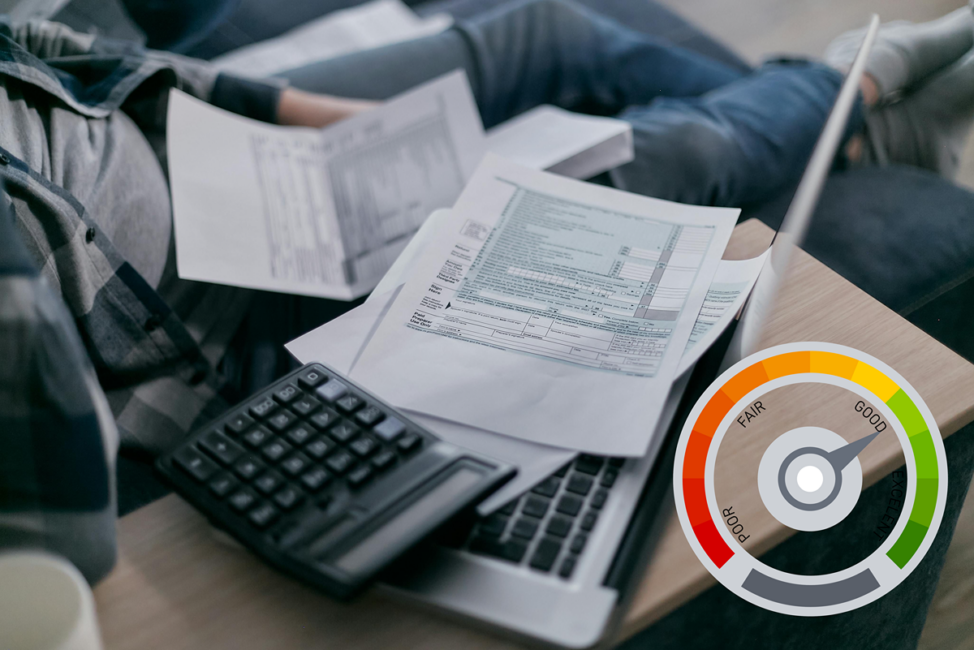Physical Address
304 North Cardinal St.
Dorchester Center, MA 02124
Physical Address
304 North Cardinal St.
Dorchester Center, MA 02124

Most people believe credit scores are built solely on credit cards, loans, and mortgages. But what if everyday bills like electricity, water, or internet could make or break your score? This article dives into the hidden role of utility bills in credit algorithms—and how to leverage them to strengthen your financial foundation.
The Default Assumption: Traditionally, utility bills don’t appear on your credit reports from Experian, Equifax, and TransUnion—unless something goes wrong.
The Exception: Recent innovations have changed this landscape. According to the Consumer Financial Protection Bureau, approximately 26% of Americans are “credit invisible” or have insufficient credit histories to generate a score—that’s about 72 million people who could benefit from alternative data.
Why It Matters: Alternative credit data creates opportunities for:
Actionable Tip: “Use Experian Boost to turn Netflix, phone, and utility payments into credit-building tools. Setup takes less than 15 minutes and could add 13 points to your score instantly.”
The Collections Domino Effect: A single missed utility payment can trigger a devastating chain reaction:
Real Impact: Sarah M., a nursing assistant from Ohio, experienced this firsthand. “I moved apartments and never received my final water bill of $118. Six months later, I was denied a mortgage—my credit score had dropped 82 points from a single utility collection I didn’t even know about.”
Preventive Strategies:
Visual Callout: [Infographic: “The Utility Bill Penalty: How a $100 Missed Payment Becomes a $300 Credit Score Disaster”]
Step 1: Add Existing Utility History
Step 2: Maximize Rent Reporting
Step 3: Identify and Dispute Collection Errors
Pro Tip: “Combine utility reporting with a secured credit card (like the Discover Secured) to build credit through multiple channels. This dual approach can accelerate score growth by up to 45 points in three months.”
When Alternative Data Helps Most:
When It May Not Help:
Strategic Approach: Focus on building both traditional and alternative credit simultaneously:
Utility bills represent a powerful but often overlooked credit-building tool. By proactively reporting on-time payments and diligently preventing collections, you can leverage everyday expenses to strengthen your credit profile. This approach is especially valuable for those with thin files or rebuilding after setbacks.
With thoughtful management, your monthly utilities can transform from ordinary bills into stepping stones toward financial opportunities and a stronger credit foundation.
CTA: “Download our Free Credit-Building Checklist to turn everyday bills into credit victories. Includes our utility payment tracker, dispute letter templates, and score improvement calculator.